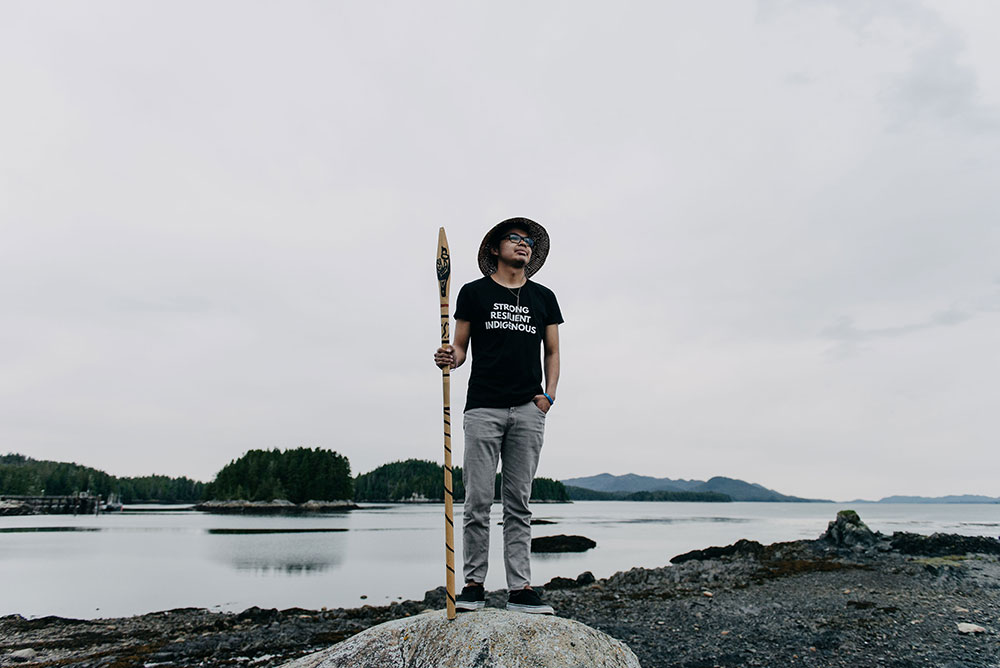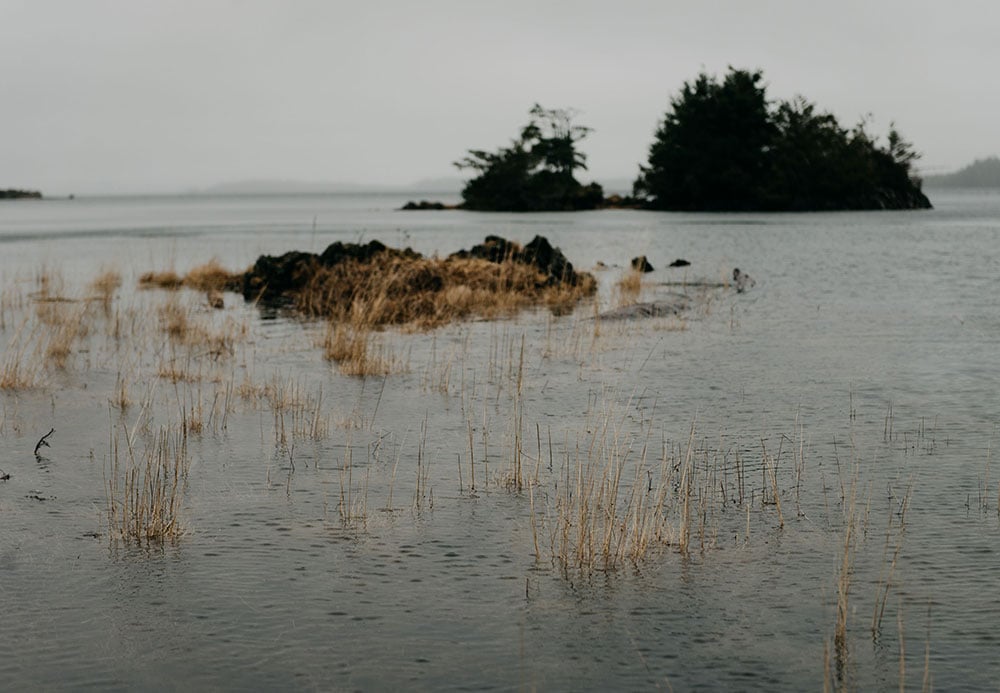On March 30, the B.C. government announced a five-year action plan to implement the 2019 Declaration on the Rights of Indigenous Peoples Act.
At first blush, the action plan contains powerful statements of values as well as a number of solid actions in areas ranging from Indigenous rights and title to education, health and revitalization of Indigenous languages. But will it really change things on the ground? The province’s ongoing adversarial relationship with nations that are seeking legal remedies to long-standing injustices — including those explicitly named in the DRIPA action plan — injects a hefty dose of doubt.
In the preamble, the action plan explicitly refers to “our colonial and racist foundations” — the first time that a B.C. government has made such a direct admission of historical guilt. In order to address the root causes of systemic biases and racism, the plan commits to enacting anti-racism legislation and comprehensive policing reforms, including amendments to the Police Act.
So far, we’re on our feet for this.
On the land base, two long-awaited legislative reforms — modernization of the Mineral Tenure Act and amendments to the Forest and Range Practices Act — lead the parade of anticipated regulatory changes that would also protect wild salmon and support Indigenous clean energy developments.
In terms of Indigenous rights and title, the action plan recognizes the need to “shift from patterns of litigation, and expensive and slow negotiations about title and rights” towards co-operative implementation through effective government-to-government relationships. There is even a hint that the attorney general would direct Crown counsel to reverse decades of policy to aggressively fight each and every legal action brought by First Nations seeking recognition of their title and rights.
However, as Adam Olsen, who belongs to the Tsartlip First Nation and is the MLA for Saanich North and the Islands, cautioned after the announcement, “The metric for success is not what we hear, but what we see.” Doubtless Olsen was speaking from long experience with colonial structures, and proof was soon to follow.
Earlier in March, as government staffers were lining up the media fanfare for the announcement, and adorning the DRIPA action plan document with pictures of happy Indigenous children, B.C. quietly filed its response to the Gitxaała legal action over mineral claims on Lax k’naga dzol, or Banks Island. In addition to pushing to protect a rich nursery for terrestrial and marine life, Gitxaała’s case also takes aim at B.C.’s practice of granting mineral claims automatically online under the Mineral Tenure Act.
The Mineral Tenure Act has been criticized as a relic of the Gold Rush era that ignores Indigenous rights and title, and elevates mining above virtually every other land use in the province. Anybody can stake a claim online to virtually any piece of land in B.C. The process is automatic, and does not involve any consultation or even notice to affected Indigenous Nations.
Far from “shifting from patterns of litigation,” B.C. aggressively opposed Gitxaała’s petition on every count.
Actions speak louder than action plans.

On March 31, B.C. extolled DRIPA as a piece of legislation that establishes “the UN Declaration [on the Rights of Indigenous Peoples] as the province’s framework for reconciliation.” Before enacting DRIPA, B.C. followed established case law under Section 35 of the Constitution, which requires governments to consult, and if appropriate, accommodate Indigenous Peoples regarding decisions that may adversely affect Aboriginal or treaty rights.
But DRIPA goes farther and deeper than mere consultation: it ushers in free, prior and informed consent, and creates a positive obligation for B.C. to align all provincial laws with the UN declaration. The action plan explicitly recognizes legal plurality, whereby Indigenous laws coexist and operate alongside Canadian laws.
So it might come as a surprise that in its response to Gitxaała just 14 days earlier, the province’s legal representatives did everything they could to minimize the importance of DRIPA and deny that it gives any legal force to the UN declaration, downgrading it to a mere “interpretive aid.”
Having thus disposed of DRIPA, the Crown counsel doubled down on defending the Mineral Tenure Act based on the duty to consult standard. Duty to consult is a much lower bar than DRIPA, especially when narrowly interpreted in terms of the consultation process. (“We just have to check all the consultation boxes, and then we can do what we want.”) Courts previously rejected this hypocritical and circular approach to consultation in Yukon, but B.C. so far refuses to see the writing on the wall.

As Raven supporters will remember, the Gitxaała legal action seeks the cancellation of mineral claims on Lax k’naga dzol, and the overhaul of the Mineral Tenure Act to align it with DRIPA. And it fits B.C.’s action plan: modernizing the act is one of the plan’s biggest commitments. B.C. could have conceded that element of the Gitxaała case, or sat down to negotiate. Instead, it insists that Gitxaała prove in court what B.C. itself says needs changing, and what seems painfully obvious — that a system that grants mineral claims with no consultation or engagement of any kind with impacted Indigenous Nations, is contrary to DRIPA.
For a taste of the explicitly colonial nature of the Mineral Tenure Act — and B.C.’s ongoing mindset — we need look no further than the way the act refers to 94 per cent of B.C.’s land base: as “mineral lands”: in other words, lands in which minerals, and the right to explore for minerals and develop them, are reserved for the government.
A recent report, “Indigenous Sovereignty: Implementing Consent for Mining on Indigenous Lands,” by the BC First Nations Energy and Mining Council puts it in a nutshell: “Claim staking assumes terra nullius — that the land belonged to no one before colonizers arrived.... This legal framework is outdated, colonial and not aligned with Indigenous human rights.”
Until B.C. shows respect for free, prior and informed consent where it counts — in the courtroom — its media fanfaronades will convince no one, least of all Indigenous Peoples. After all, they have seen it all before.
Raven calls on British Columbians to stand with the Gitxaala Nation today by donating to their legal action, and supporting their right to consult and consent to mineral claims on their lands. ![]()
Read more: Indigenous, Rights + Justice, BC Politics
















Tyee Commenting Guidelines
Comments that violate guidelines risk being deleted, and violations may result in a temporary or permanent user ban. Maintain the spirit of good conversation to stay in the discussion.
*Please note The Tyee is not a forum for spreading misinformation about COVID-19, denying its existence or minimizing its risk to public health.
Do:
Do not: